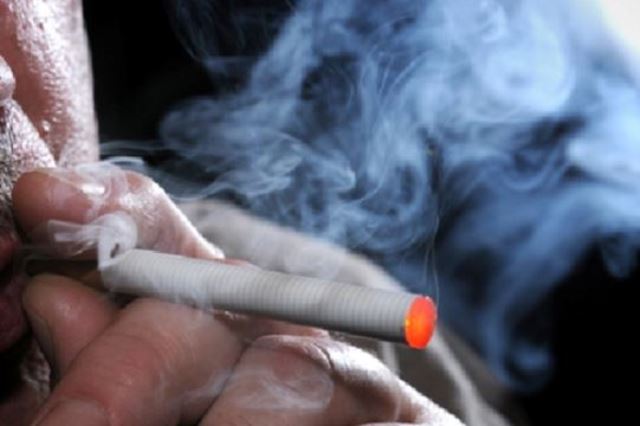The chief of the World Health Organization (WHO) said smokers are at high risk of developing severe cases or die from COVID-19.
“Smokers have up to a 50 per cent higher risk of developing severe disease and death from Covid-19,” Dr Tedros Adhanom Ghebreyesus, WHO Director-General, said on Friday.
Dr Tedros issued the warning to mark World No Tobacco Day.
RELATD STORY: Smoking, obesity highlighted as major risk factors of COVID-19 in UAE
The WHO also suggests that smoking may also lead to a higher risk of contracting the virus.
“Quitting is the best thing smokers can do to lower their risk from this coronavirus, as well as the risk of developing cancers, heart disease and respiratory illnesses,” the WHO Chief said.
US Centers for Disease Control and Prevention earlier said that a current or former cigarette smoker can make you more likely to get severely ill from COVID-19.
A UK study also revealed smoking is associated with an increased risk of COVID-19 symptoms and smokers are more likely to attend hospital than non-smokers.
To support those millions of tobacco users who are actively taking steps to save their lives, the WHO launched “Commit to Quit” campaign.
The said campaign has made resources from its Quitting Toolkit freely available to more than a billion tobacco users, less than 5 months into the year-long campaign.
READ ON: Dubai Health Authority responds to over 83,000 telemedicine consultation amid COVID-19 pandemic
The study by researchers from King’s College London published in Thorax found that current smokers were 14 percent more likely to develop COVID-19 symptoms link to severe cases of the disease.
“We urge all countries to play their part by joining the WHO campaign and creating tobacco-free environments that give people the information, support and tools they need to quit and quit for good,” Dr. Tedros said.
According to WHO, roughly 39% of men and 9% of women use tobacco globally.
The UN health body noted that the highest smoking rates are currently in Europe at 26%, with projections only showing a 2% decrease by 2025 if urgent government action is not taken. (RA)




